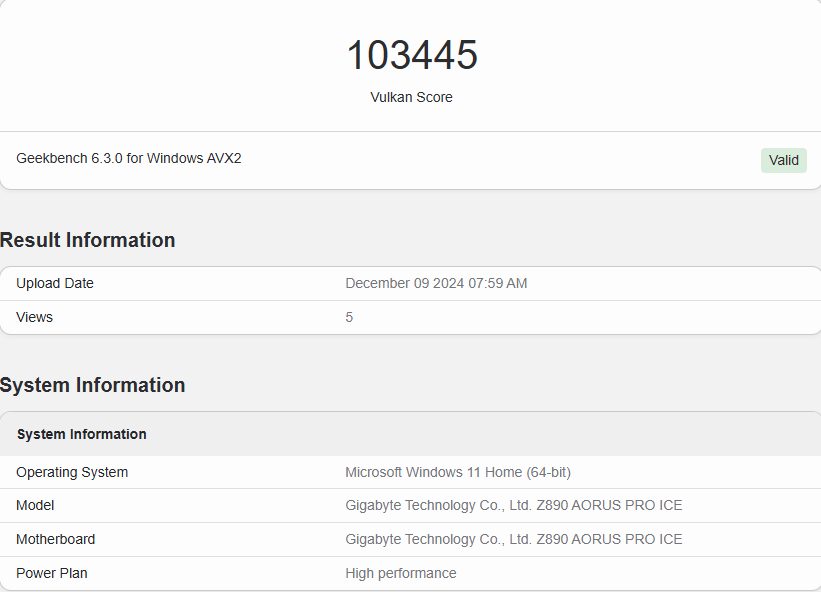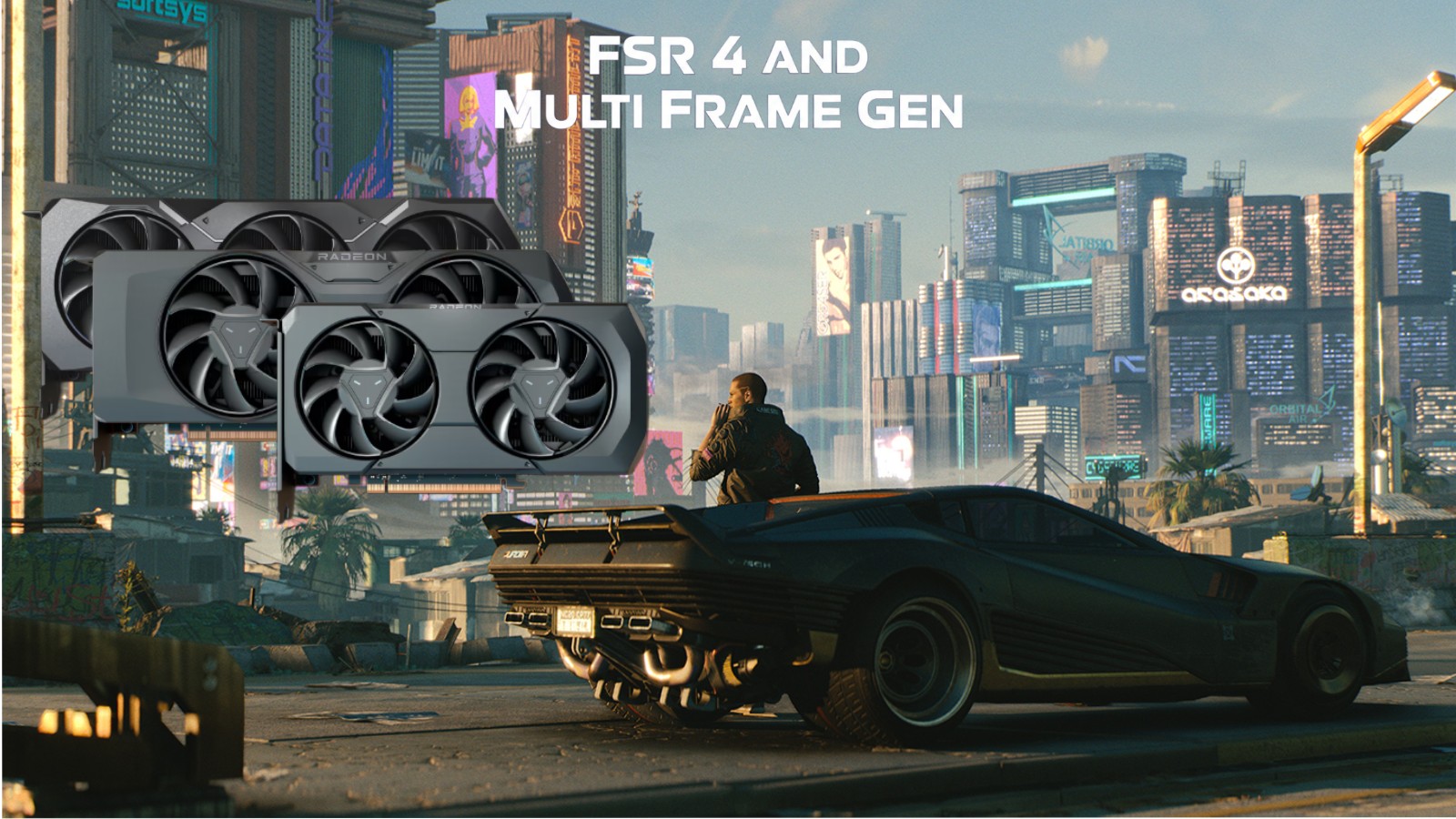- The Intel Arc B580 GPU has shown strong early performance, outperforming the NVIDIA RTX 4060 and AMD RX 7600 XT.
- Despite these impressive benchmark results, waiting for official reviews and independent testing for a more comprehensive understanding is best.
- The Intel Arc B580, priced at $249, is potentially superior to its competitors.
According to the first unofficial benchmarks, Intel’s next-generation Arc B580 Battlemage outperforms the RTX 4060 and RX 7600 XT in terms of performance.
Why it matters: The Intel Arc B580 offers strong performance at an affordable price, potentially providing gamers with a competitive alternative to more expensive GPUs like the RTX 4060 and RX 7600 XT.
During its presentation last week, Intel demonstrated a variety of benchmarks for the Intel Arc B580 GPU, covering a wide range of games and factors like rasterization and ray-tracing figures. However, it’s always best to wait for official reviews from independent sources.

These Geekbench numbers are the closest thing we have until the reviews are released in a few days; therefore, we suggest waiting for official benchmarks and testing to obtain a clear image of what the next generation of Intel Arc lineup is capable of.
The system used to benchmark the Intel Arc B580 had an Intel Core Ultra 9 285K CPU, 48 GB of DDR5-8400 RAM, and an Intel Arc Battlemage GPU with 20 Xe2 cores operating at a maximum clock speed of 2850 MHz.
Performance-wise, the Intel Arc B580 received 98,343 points in the OpenCL API tests and 103,445 points in the Vulkan API tests. In contrast, the NVIDIA GeForce RTX 4060 receives 97,127 points on the same Vulkan API, while the AMD Radeon RX 7600 XT gets 87,270 points.
The B580 is now ahead of these popular GPUs by 19 and 7 percent, respectively. Considering its $249 US price point, the B580 should prove to be the superior bargain, even though it’s not a significant improvement over the RTX 4060.
In the meantime, it’s best to wait for official reviews to determine how well the Battlemage lineup performs in games because synthetic workloads still do not always paint a clear picture of how well a GPU will perform while gaming.
Thank you! Please share your positive feedback. 🔋
How could we improve this post? Please Help us. 😔
[News Reporter]
Malik Usman is student of Computer Science focused on using his knowledge to produce detailed and informative articles covering the latest findings from the tech industry. His expertise allows him to cover subjects like processors, graphics cards, and more. In addition to the latest hardware, Malik can be found writing about the gaming industry from time to time. He is fond of games like God of War, and his work has been mentioned on websites like Whatculture, VG247, IGN, and Eurogamer.




